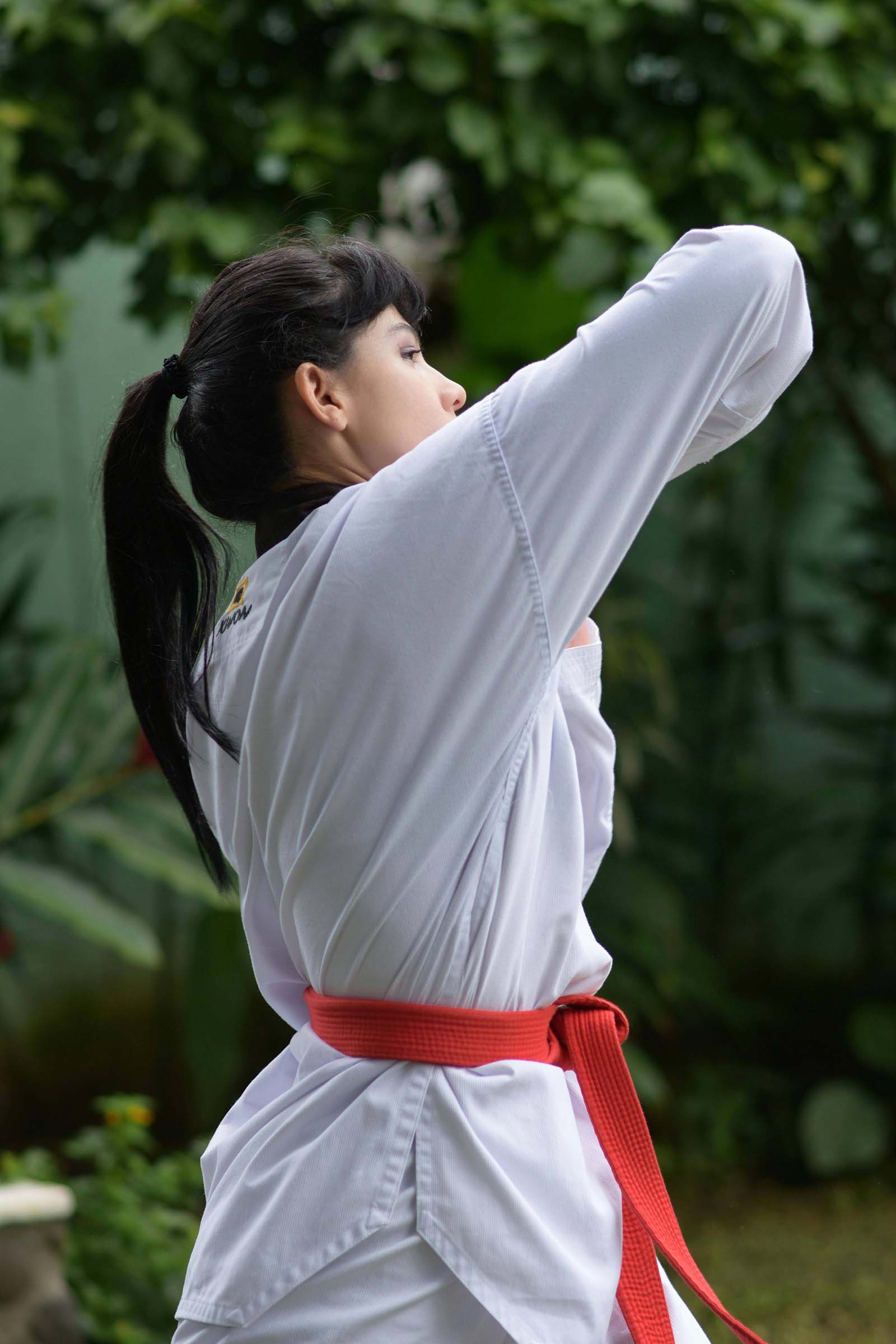
In the fast changing modern business and sporting worlds, the margins between success and failure are often very small. The difference between gold and silver for Great Britain’s Bianca Walkden in the taekwondo final in Tokyo this week was less than a second. Years and years of training and it all comes down to less than the blink of an eye.
Athletes train for years to compete at the Olympics, five years in the case of the delayed Tokyo games, and the actual moment of competition may be incredibly brief. In business too, people work for years to get to the C-suite and their ability to stay there may hang on their interactions with other senior players in just two or three meetings per year. In both cases the cost of anything less than perfect performance can be high.
The question is: How can you guarantee you deliver your best performance in the few seconds of the year when It all matters?
The answer is you need to completely change the way you think about your performance. Being brilliant in those moments of intense pressure requires you to build brilliance in the thousands of untested moments. The few seconds in the Olympic final or the key commercial meeting are the tip of a much bigger iceberg. If we give excessive focus to those critical moments, we increase the likelihood of failure. Carl Lewis once said: “It’s all about the journey, not the outcome.”
We need to see such critical moments as the outcome of building a system that works brilliants all the time not by chance on the one day a year. Rather than making those moments ‘the prize’, they are simply the consequence of system built properly. The risk of a last second failure are then reduced to near zero.
To build a brilliant system takes time and patience and in nearly all case years of dedicated effort. Most athletes and businesspeople would claim this is exactly what they’re doing. But if that was the case, they would all succeed, and they don’t.
Practice doesn’t make perfect, perfect practice makes perfect. And therein lies the rub – knowing what perfect practice really is. It’s not just about technical capability or doing things right, it’s about relationship and individual maturity.
In business most leaders are addicted to their ‘to do’ list of tasks, targets, goals, and metrics. Why? Because delivering the right financial outcome is why they are hired and fired. Few leaders spend time thinking about the quality of their own thinking. And while they may spend time working on tasks with others, they invest very little time of specifically strengthening relationship. They spend most of their time doing the job.
Similarly, most athletes dedicate most of their time to the technical practice of their discipline. With the emergence of the field of sports psychology they spend some time on their own maturity. But this is often reduced to a focus on the cognitive aspects of who they are and trying to get their ‘mind set’ right. But human beings are more than just a mind-set. And brilliance require more than a set mind. It requires an advanced degree of emotional regulation.
In fact, we would argue that emotional sovereignty is significantly more important than cognition in delivering a gold medal or a quarterly result in business. If a leader or an athlete is unclear of the difference between thinking and feeling, between biology and behaviour then that is a place to start to discover how to be brilliant every day. It is vital, in our view, to not only understand such distinctions but how all the different levels of the human system from biology to emotion to feeling to thinking to behaviour to results affect each other. Many an athlete an CEO has been scuppered by not knowing how all these levels function and interact and therefore they have to just hope they get lucky on the day or everything mysteriously works.
We believe it is possible to massively reduce the risk of failure by studying all these levels and particularly how they interact. In fact, we’ve spent 25 years teaching leaders and athletes how to be brilliant every day, including helping the GB Olympic Squad achieve a record medal haul in 2012 and 2016.
So, don’t focus on the second, or even the minute. Focus on the whole human system. Brilliance in one second is built by paying attention to the million other seconds. It’s the hours and hours of forensic work on all the levels of the human system that can make you brilliant every day. And especially on the day when they are handing out medals.